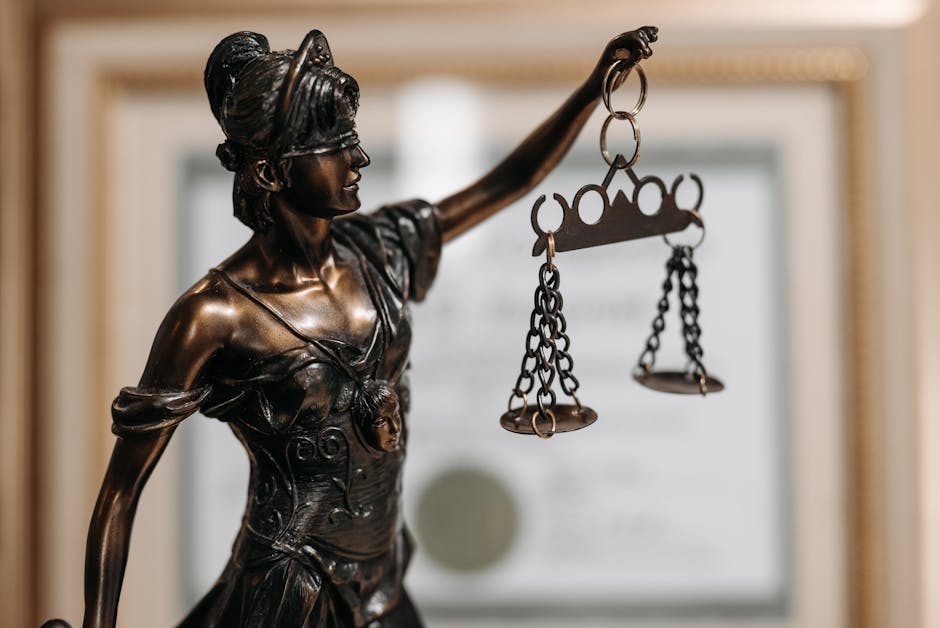Background and Context
The Supreme Court on Monday allowed federal immigration officers to resume conducting stops in the Los Angeles area based on criteria such as speaking Spanish or working in certain professions. This decision effectively lifts a lower court order that had restricted such practices.
The Ruling and Its Implications
The Supreme Court's decision to grant a stay against a restraining order issued by a lower judge means that immigration agents can once again conduct what critics describe as 'roving patrols' in Southern California. These operations had been restricted after allegations that agents were conducting indiscriminate arrests based on race, language, or job.
Details of the Case and Previous Rulings
A federal judge had previously found that the 'roving patrols' by immigration agents were likely violating the Fourth Amendment, which protects against unreasonable searches and seizures. The judge's ruling had restricted federal officers' ability to conduct immigration stops in the Los Angeles area without reasonable suspicion.
Reaction from the Supreme Court
Justice Sonia Sotomayor strongly dissented from the decision, expressing concerns about the impact on civil liberties. She stated that people have been 'grabbed, thrown to the ground and handcuffed because of their looks and their accents.'
Understanding the 'Roving Patrols'
The 'roving patrols' in question involve immigration enforcement officials stopping and questioning individuals they suspect may be undocumented based on factors such as their occupation, language spoken, or appearance. Critics argue that these practices can lead to racial and ethnic profiling.
Previous Incidents and Public Reaction
Aggressive enforcement operations in Los Angeles, including encounters captured on video, have set off protests and clashes in the area. These incidents have raised concerns about the tactics used by immigration authorities.
Legal and Constitutional Considerations
The Supreme Court's decision to allow the resumption of these immigration stops raises questions about the balance between immigration enforcement and constitutional protections. The court's action is a win for the Trump administration, which had argued that the lower court's order hindered its ability to enforce immigration laws.
Future Implications and Developments
The decision is likely to have significant implications for immigration enforcement practices in Los Angeles and potentially other areas. It also highlights the ongoing debate over the limits of immigration enforcement and the protection of civil liberties.
Expert Insights
Conclusion
The Supreme Court's decision to lift restrictions on Los Angeles immigration stops based on language and occupation has significant implications for immigration enforcement and civil liberties. The ruling allows for the continuation of practices that have been controversial and subject to legal challenge.
Additional Context and Information
- The Supreme Court's decision was issued on September 8, 2025.
- The ruling allows immigration agents to stop and question people they suspect are undocumented based on factors such as working at a car wash, speaking Spanish, or having brown skin.
- The decision is a result of a legal challenge to a lower court's order that had restricted such practices.
